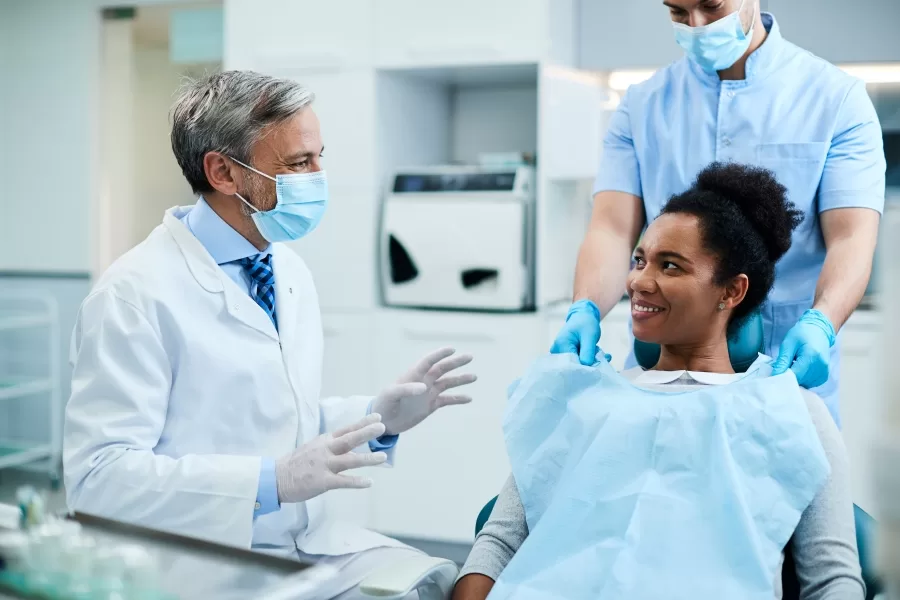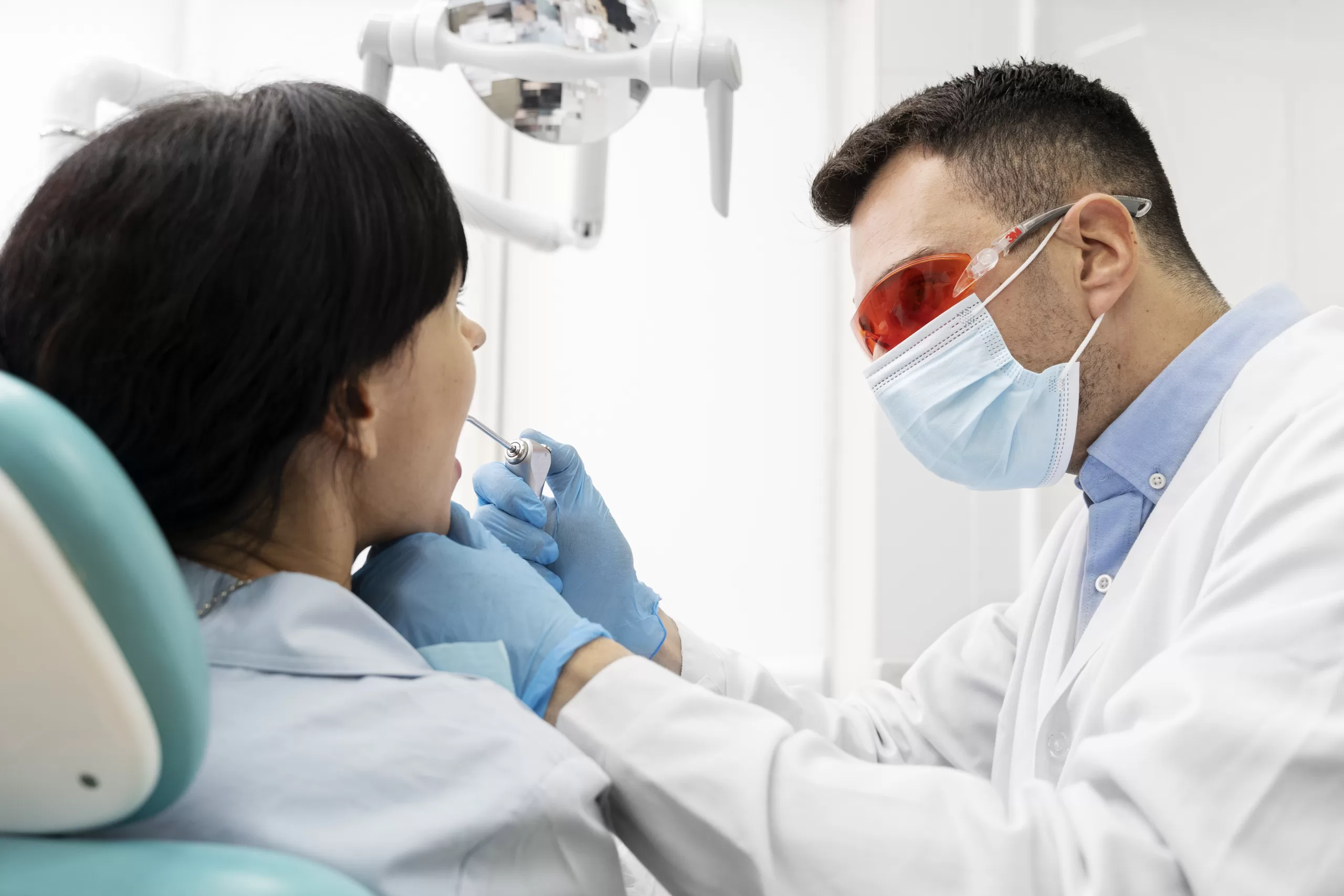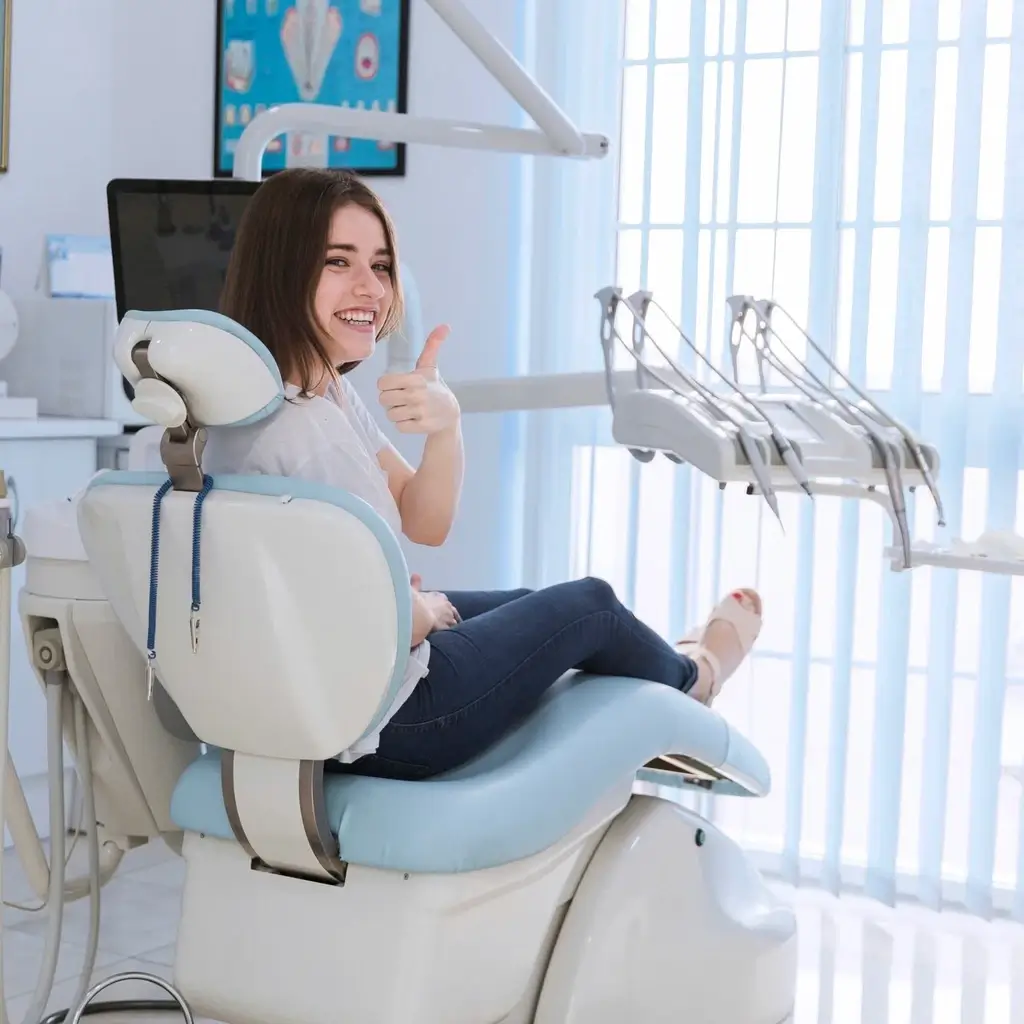Let’s be honest. Most dental procedures probably do not freak people out more than wisdom teeth removal. You might have heard friends tell stories about their chipmunk cheeks, or about scary videos of people waking up after anesthesia, or you might be concerned about pain, anesthesia, or missing work. We completely understand these concerns.
At Ridge Oral Surgery, we have completed thousands of wisdom teeth removals for New Jersey patients with compassionate care, new techniques, and a commitment to your ease. Our aim today is uncomplicated: We would like to discuss everything to know about wisdom teeth extraction, in plain, simple language.
What Is Wisdom Teeth Extraction and Why Is It Necessary?
Wisdom tooth extraction is a dental procedure that removes the third molars (commonly called wisdom teeth) from the back corners of your mouth. These teeth typically emerge between ages 17-25—hence the name “wisdom” teeth, as they appear during our “wiser” years.
Wisdom teeth can be problematic, and leaving them untreated can result in:
- Painful infections and swelling
- Damage to adjacent healthy teeth
- Development of cysts or tumors around impacted teeth
- Tooth decay that’s difficult to clean
- Gum disease in hard-to-reach areas
That’s why proactive wisdom teeth removal procedures are often recommended.

Do You Need Wisdom Teeth Removed? Signs to Watch For
While some people’s wisdom teeth come in without any problems, many others experience uncomfortable or even serious symptoms. If your wisdom teeth are impacted, partially erupted, or growing in misaligned, they can cause a wide range of issues that shouldn’t be ignored.
Below are the most common signs that it might be time to consult with an oral surgeon about wisdom teeth removal.
Persistent jaw or gum pain
If you’re experiencing ongoing discomfort at the back of your mouth, especially when chewing or opening wide, your wisdom teeth might be pushing against nerves or other teeth.
Red, swollen, or bleeding gums
Partially erupted wisdom teeth create pockets where bacteria thrive, leading to inflammation, tenderness, and bleeding, especially around the back molars.
Bad breath or unpleasant taste
When food particles get trapped around emerging wisdom teeth, bacterial growth can cause persistent bad breath or a foul taste that doesn’t improve with brushing.
Crowding or shifting teeth
After years of orthodontic work, the last thing you want is wisdom teeth pushing your other teeth out of alignment—but that’s exactly what often happens when there’s limited space.
Difficulty opening the mouth fully
When infection develops around wisdom teeth, the surrounding muscles can become stiff and painful, limiting your ability to open wide.
What to Expect During the Wisdom Teeth Removal Procedure
At Ridge Oral Surgery, we’ve refined the wisdom teeth extraction process to prioritize both efficiency and comfort:
- Consultation and imaging: We’ll start with a thorough examination, including 3D imaging to visualize the position of your wisdom teeth and surrounding structures.
- Sedation options: Based on your comfort level and the complexity of your case, we’ll discuss sedation choices ranging from local anesthesia to IV sedation that lets you sleep through the procedure.
- The extraction process: Once you’re comfortable, we create a small opening in the gum tissue if needed, carefully separate the tooth from surrounding bone and tissue, and gently remove it. Sometimes, we’ll section the tooth for easier removal.
- Completion: We clean the site, place any necessary stitches, and apply gauze to control bleeding. The entire wisdom teeth removal procedure typically takes 45-90 minutes for all four teeth.
Our state-of-the-art facility features the latest surgical technology and monitoring equipment, ensuring precision and safety throughout your procedure.
Recovery Timeline: Healing After Wisdom Teeth Extraction
Recovery timeline looks like:
Days 1-3 : The first 72 hours are the most intensive recovery period. You’ll experience swelling, some discomfort, and possibly bruising. We’ll provide prescription pain medication and detailed care instructions. Ice packs are your best friend during this phase!
Days 4-7 : Swelling begins to subside, and you’ll transition to softer foods. Many patients return to work or school at this point, though you’ll still need to avoid strenuous activities.
Weeks 2+ : By the two-week mark, most external signs of surgery have faded. The extraction sites continue healing internally, and you’ll gradually return to your normal diet.
Normal healing includes mild discomfort, decreasing swelling, and some jaw stiffness. Contact us immediately if you experience severe pain, excessive bleeding, fever, or pus discharge—these could indicate complications requiring prompt attention.

Tips to Prepare for Your Wisdom Teeth Surgery
- Follow fasting guidelines strictly (usually nothing to eat or drink after midnight before surgery)
- Arrange for someone to drive you home and stay with you for the first 24 hours
- Prepare a recovery space with pillows to elevate your head
- Stock up on soft foods like yogurt, applesauce, and smoothie ingredients
- Fill prescriptions beforehand and have over-the-counter pain relievers ready
FAQs About Wisdom Teeth Removal Procedure
How painful is wisdom teeth extraction?
With proper anesthesia, you’ll feel no pain during the procedure. Afterward, most patients describe the discomfort as moderate and manageable with prescribed medications.
How long does the procedure take?
The wisdom teeth removal procedure itself typically takes 45-90 minutes, though your appointment will be longer to allow for preparation and initial recovery.
Will I be awake during wisdom teeth extraction?
That’s entirely your choice. We offer options ranging from local anesthesia (you’re awake but feel no pain) to IV sedation (you’ll sleep through the procedure and remember very little).
What if my wisdom teeth aren’t causing symptoms?
Even asymptomatic wisdom teeth can cause problems later. We often recommend preventive extraction of problematic wisdom teeth, especially in younger patients who typically heal faster.

Why Ridge Oral Surgery Is New Jersey’s Trusted Wisdom Teeth Expert
Our board-certified oral surgeons have performed thousands of wisdom teeth extractions with exceptional results. Our patients consistently praise our gentle approach, clear communication, and attentive follow-up care.
We serve New Jersey communities with comprehensive oral surgery services, including multiple sedation options tailored to your comfort level and anxiety.
Ready for a Consultation? We’ll Guide You Every Step of the Way
The first step to a healthier smile is to reach out to us!
At Ridge Oral Surgery, we promise to provide Comfort, Clarity, and Confidence every step of the way through your wisdom teeth removal process. Please reach out today to schedule your consultation as the first step towards relief from your wisdom teeth issues.




